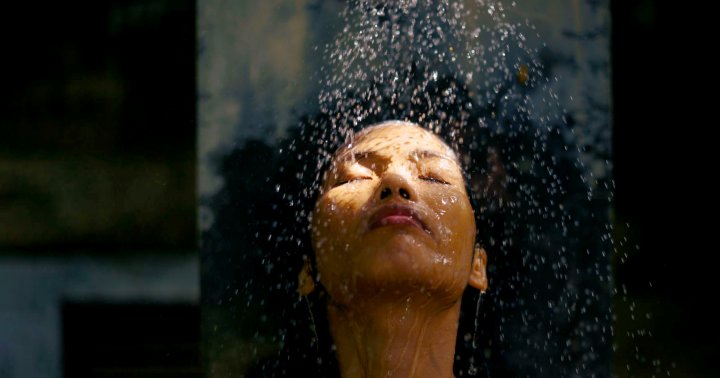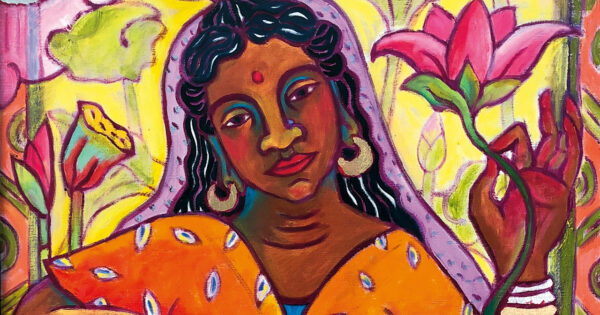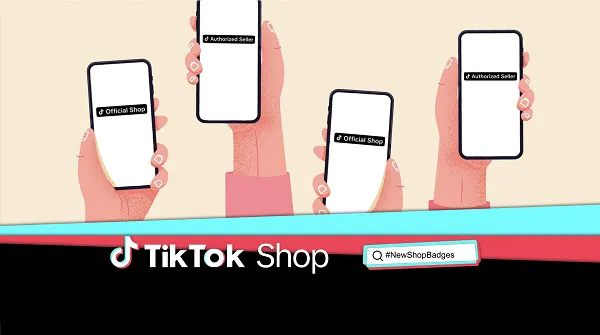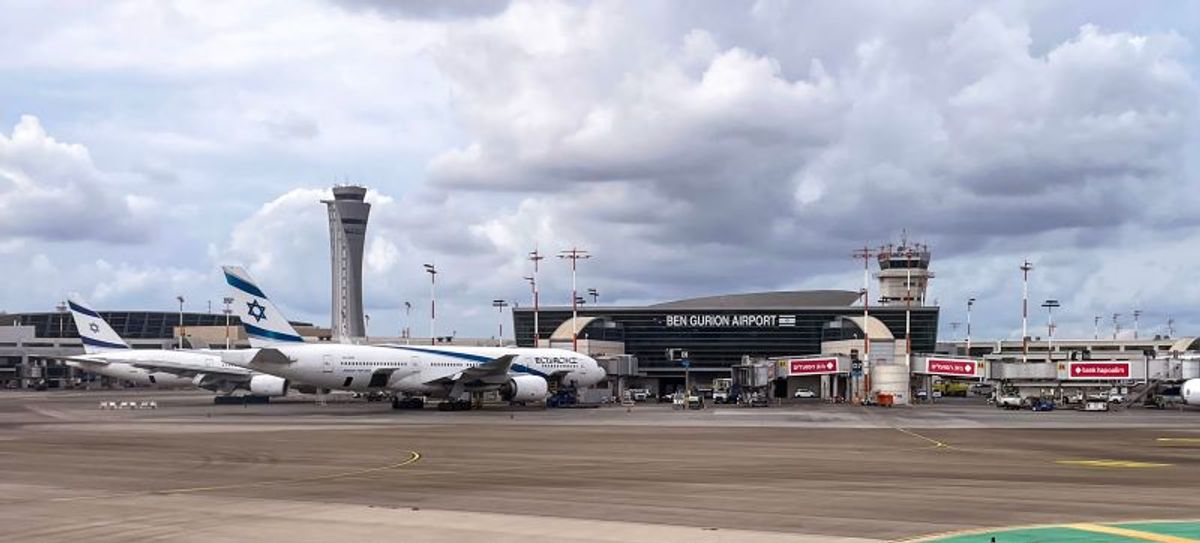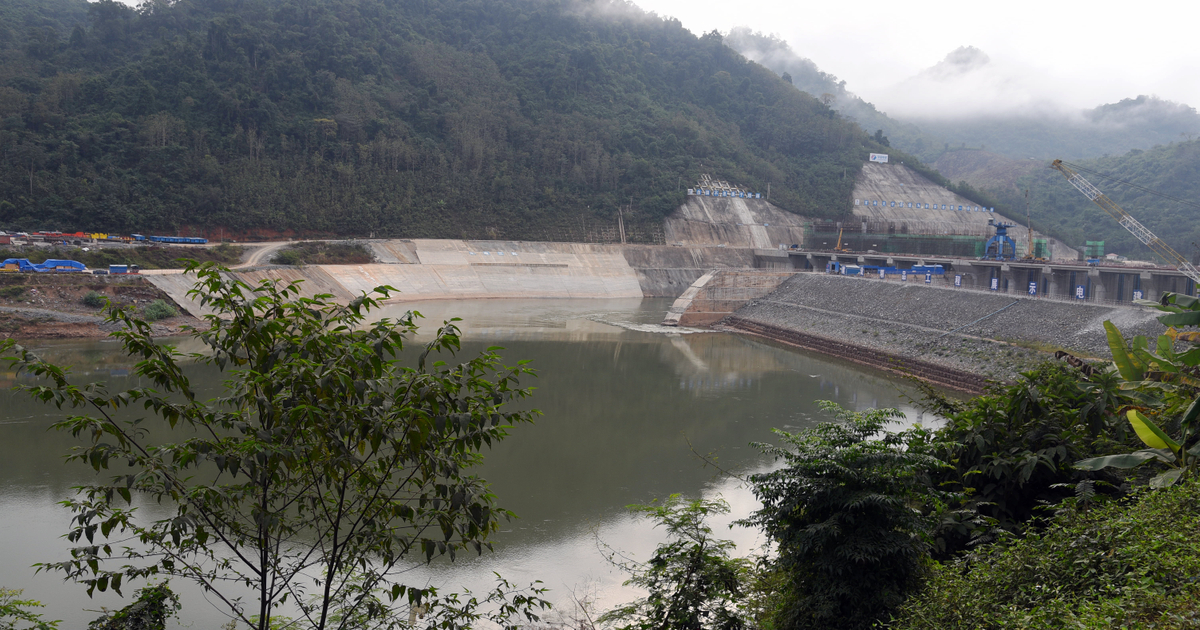How to Navigate Transitions in Times of Uncertainty
Monica Jordan reflects on her experience moving from Argentina to the United States and how changed her perceptions of life's transitions. The post How to Navigate Transitions in Times of Uncertainty appeared first on Lions Roar.
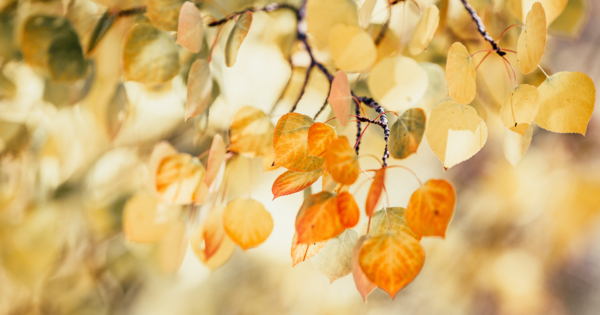
Monica Jordan reflects on her experience moving from Argentina to the United States and how it changed her perceptions of life’s transitions.
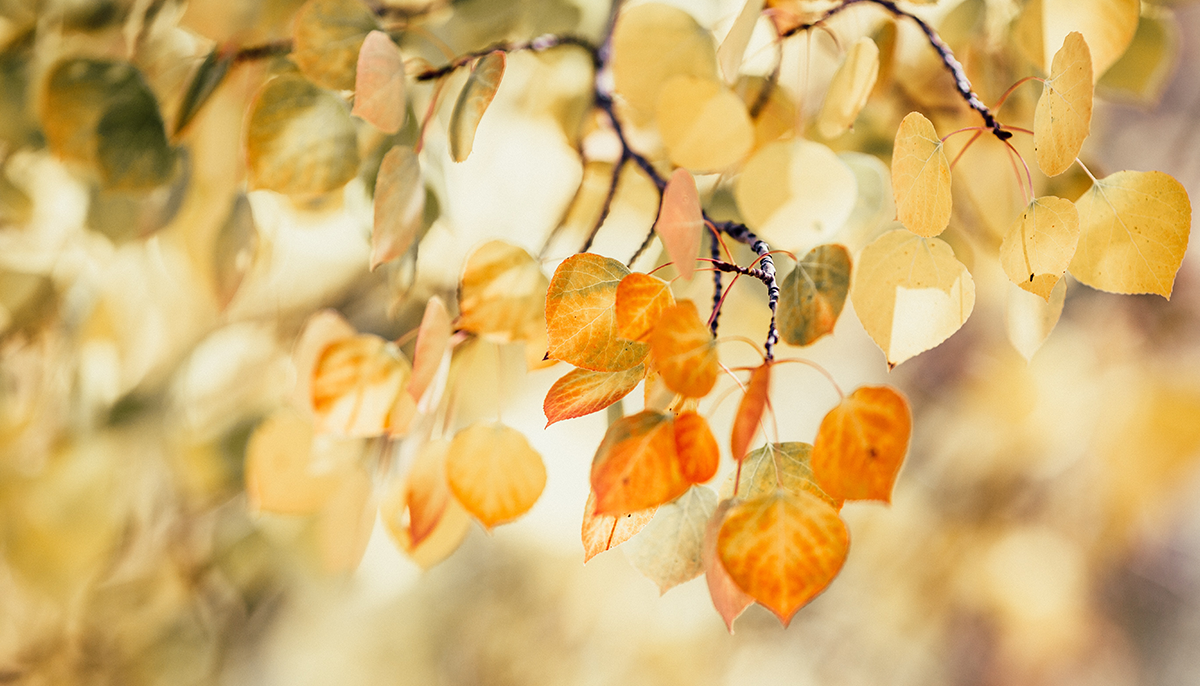
“To be fully alive, fully human, and completely awake is to be continually thrown out of the nest. To live fully is to be always in no-man’s-land, to experience each moment as completely new and fresh. To live is to be willing to die over and over again.” —Pema Chödrön, When Things Fall Apart
When I decided to move to the United States from Argentina, I was scared. I wanted to leave behind the chaos of my past, but a part of me preferred to cling to what I knew, however painful it was. I didn’t realize that the very act of clinging was paving the road to my own downfall. In the face of moving, the uncertainty of the unfamiliar brought me to a place of agonizing self-doubt. I felt groundless, treading through rough terrain. I had to learn to hold my contradictory views before my hesitation deprived me of the possibility that lay ahead. I couldn’t let fear freeze me in indecision.
I left Argentina full of trepidation. Once in the United States, a new set of hurdles was awaiting: the dynamic yet challenging process of adapting to a new culture, the anxiety of participating in different settings, a new language, and no friends or family to lean on. I learned how painful transitions can be, pushing us into a state of unpredictability.
Change without the inner reflection of how we fit into the new picture will not work.
Every ending — like leaving home and moving to a new place — brings with it a sense of grief. To overcome this grief, we need to acknowledge, honor, and even embrace it. The heartache we experience as we leave people we love behind and say goodbye to a house filled with cherished memories does not easily evaporate. Rather than running away from the painful emotions that arise, we can instead choose to pause, turn our gaze within, and feel what’s happening inside. It’s only when we feel it that we can heal it.
William Bridges, author of Transitions: Making Sense of Life’s Changes, tells us there is a difference between change and transition. Change can be enormously disruptive, but it’s situational. Transition, the internal psychological process of adjusting to a new situation, is an inner emotional, mental, and spiritual adaptation. It’s the process of successfully moving from the old to the new. We might feel confused or experience the fear of uncertainty and the sorrow of our losses. It may not be the events themselves that set us into a spiral of anxiety, but rather the inner conflict stemming from the reorientation and self-redefinition that we undertake to incorporate new changes into our lives.
Change, on the other hand, is what takes place outside of us. It’s an expected process that involves familiarization with the new norms – a new job structure, new roles, new routine, new environment, and new relationships.
Change without the inner reflection of how we fit into the new picture will not work. It’s during times of transition that, in the fragility of our vulnerability, old wounds can reopen. For that reason, it’s crucial to go through transitions consciously. There are many transitions we never talk about — micro-moments and subtle transitions that are rarely discussed but that affect us nonetheless. There’s the “Sunday scaries,” morning anxiety, birthdays, anniversaries, changes of season, aging. In such moments we meet our vulnerabilities, and often run from or ignore the pain that comes alongside this meeting.
Even with the best preparation, we can’t control everything. Job security is subject to company shifts and new regulations. Relationships transform as people grow and change how they see the world and what they want out of it. Anything can happen at any time. There are never any guarantees, even when we think we have it all figured out. When we don’t know what the future holds, we’re dealing with life as it always is: ours to live and create moment-by-moment, day-by-day.
We are all evolving works in progress, and so are the lives we lead. We are constantly recreating ourselves. Fear of uncertainty may turn us into inflexible people. Life is never a smooth process, but we can still feel secure and grounded in an unstable world. If we do not accept the fact that life changes, and that that is the nature of all living things, then we will suffer.
Instead of avoiding our fears, we can lean towards them, get to know them, and befriend them. In many ways it is like our beloved Buddhist teacher Pema Chödrön says “….be like water. Its power resides in its adaptability. Water flows, it adapts to the topography as opposed to rock.” The paradox is that we can shape our circumstances and even our perceptions as we adapt to them just like water modifies its path by adjusting to the terrain.
The invitation is to become the witness of our own rebirth into a new life, one in which our body and the soul will inevitably reorganize to leave behind old, shattered dreams and create new possibilities.
Eventually, I grew to love this country as my own, so I became an American citizen. I met extraordinary people who supported me beyond expectations in every aspect of my life. And after seven years, when I felt anchored in this new place, the Universe surprised me with another challenge it had in store for me. My boyfriend had to move to Paris, France, for his job. Two months after he left, he proposed to me. And what did I do? I cried. I loved him and felt elated at the thought of being his wife, but I had just moved to an apartment I loved, had a good and stable job, and I could finally understand American English. If I said “yes,” I had to move again, with all it implied: a new culture, a new language, new friends, and no family.
At first, I felt overwhelmed, unanchored in a moving ocean of doubt, but I had already developed trust in my capacity to adapt to new environments, so I took the chance. The reward was remarkable. Five years later we came back to the States with our precious daughter and a deeper appreciation of what it means to take risks.
As I define myself culturally now, I am richer because of the uncertainty I jumped into. I found hospitality in this beautiful country and, instead of resisting change, I surrendered to the impermanent nature of life and my world became so much bigger.
It all boils down to a gift you can give yourself: learning to feel at home with yourself wherever you are, and not to succumb to the workings of your mind trying to imprison you in the known in its attempt to protect you from the unknown. We can honor uncertainty by welcoming it and embracing it as an opportunity for new beginnings, just as John O’Donohue reminds us to do in this excerpt of his poem “A Morning Offering.”
May my mind come alive today
To the invisible geography
That invites me to new frontiers,
To break the dead shell of yesterdays,
To risk being disturbed and changed.
May I have the courage today
To live the life that I would love,
To postpone my dream no longer
But do at last what I came here for
And waste my heart on fear no more.

 Konoly
Konoly 









